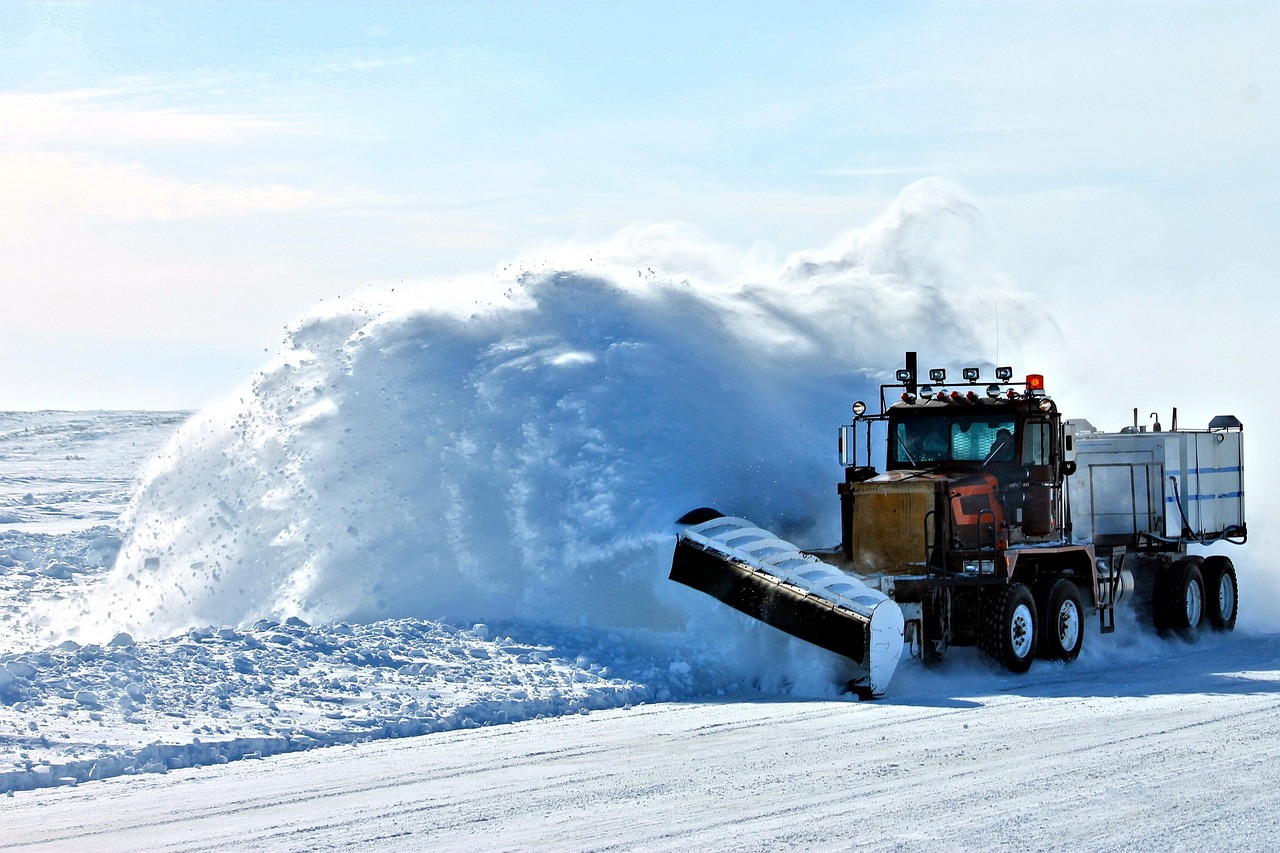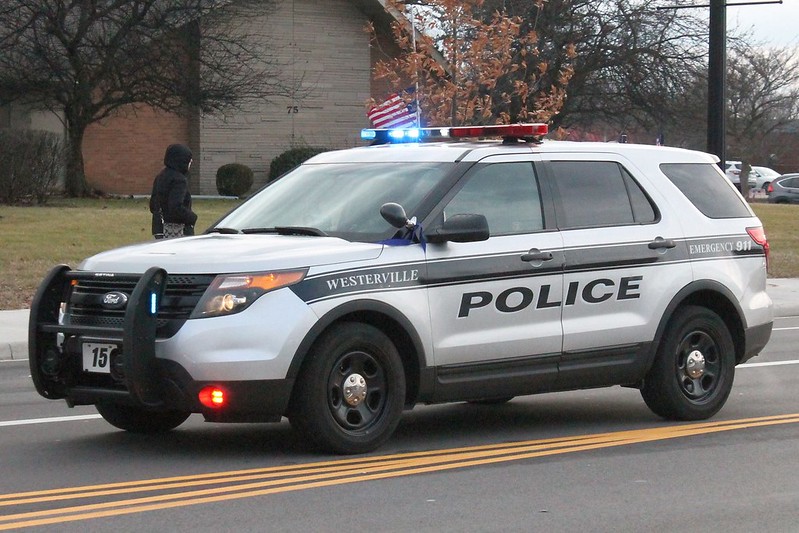By 1808Delaware
The Westerville Public Service Department is actively gearing up for anticipated inclement weather possibly lasting through Tuesday, January 7. Residents are encouraged to stay informed about local snow removal procedures, safety tips, and emergency preparedness measures.
Snow Removal and Safety Resources
For information on salt spreading, plowing schedules, and emergency updates, visit the Westerville Snow Removal page. The page also includes:
- Shoveling tips to ensure safety and efficiency.
- Guidelines for navigating snow emergencies.
Additional winter weather advice is available from Franklin County Emergency Management & Homeland Security and the Federal Emergency Management Agency (FEMA).
Preparing Your Home for Winter Weather
Before the storm hits, take proactive steps to ensure your home is ready for freezing temperatures:
- Improve insulation: Add or fix insulation where needed.
- Seal gaps: Address caulking or weather stripping to keep drafts out.
- Check alarms: Install and test smoke detectors and carbon monoxide alarms. Replace smoke detectors every 10 years, and take advantage of the Westerville Fire Division’s “You Call, We’ll Install” program for free alarm installations.
- Fire safety: Ensure you have a working fire extinguisher on hand.
FEMA also advises gathering essential supplies in case of a long-term power outage. Store enough resources to sustain your family (and pets) for at least three days, including:
- Water (extra for pets).
- Easy-open, non-perishable food.
- A three-day supply of pet food.
- Extra medications.
- Batteries, flashlights, candles, and a battery-operated radio.
Preparing Your Vehicle for Emergencies
Travel during severe winter weather can be risky. Assemble an emergency kit for your car, including:
- Jumper cables.
- Ice scraper.
- Cell phone charger.
- Cat litter or sand for tire traction.
- Flares or reflective triangles.
- Blanket, hat, and gloves.
- Flashlight and extra batteries.
Staying Safe During the Storm
When winter weather strikes, prioritize safety:
- Stay off roads: Avoid travel if possible during a winter weather emergency.
- Stranded in your vehicle? Stay in your car, buckle up, and turn on hazard lights. Use the heater sparingly, and check the tailpipe to prevent carbon monoxide buildup.
- Use equipment properly: Generators and grills should only be used outdoors and far from the house to avoid carbon monoxide poisoning.
- Limit outdoor exposure: Protect yourself from the cold by staying indoors when possible.
- Check on neighbors: Older adults and children are particularly vulnerable to cold-related illnesses.
Recognizing Frostbite and Hypothermia
Frostbite
- What it is: Tissue damage from extreme cold exposure.
- Symptoms: Numbness, tingling, white/grayish/yellow skin, firm or waxy texture.
- What to do: Call 9-1-1. Move to a warm room, soak the area in warm (not hot) water, and avoid rubbing the affected area.
Hypothermia
- What it is: Dangerously low body temperature (below 95°F).
- Symptoms: Shivering, slurred speech, blue or red skin, lethargy, erratic behavior.
- What to do: Call 9-1-1. Remove wet clothing, wrap the individual in blankets or place them in a warm bath. Offer warm drinks, but avoid rubbing to generate heat.
For more detailed information, visit www.ready.gov.










